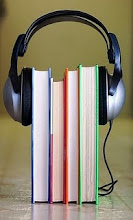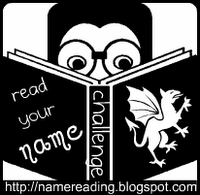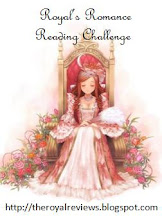1. What did you know about France’s role in World War II—and the Vél d’Hiv round-up in particular—before reading Sarah’s Key? How did this book teach you about, or change your impression of, this important chapter in French history?
2. Sarah’s Key is composed of two interweaving story lines: Sarah’s, in the past, and Julia’s quest in the present day. Discuss the structure and prose-style of each narrative. Did you enjoy the alternating stories and time-frames? What are the strengths or drawbacks of this format?
3. Per above: Which “voice” did you prefer: Sarah’s or Julia’s? Why? Is one more or less authentic than the other? If you could meet either of the two characters, which one would you choose?
4. How does the apartment on la rue de Saintonge unite the past and present action—and all the characters—in Sarah’s Key? In what ways is the apartment a character all its own in?
5. What are the major themes of Sarah’s Key?
6. de Rosnay’s novel is built around several “key” secrets which Julia will unearth. Discuss the element of mystery in these pages. What types of narrative devices did the author use to keep the keep the reader guessing?
7. Were you surprised by what you learned about Sarah’s history? Take a moment to discuss your individual expectations in reading Sarah’s Key. You may wish to ask the group for a show of hands. Who was satisfied by the end of the book? Who still wants to know—or read—more?
8. How do you imagine what happens after the end of the novel? What do you think Julia’s life will be like now that she knows the truth about Sarah? What truths do you think she’ll learn about her self?
9. Among modern Jews, there is a familiar mantra about the Holocaust; they are taught, from a very young age, that they must “remember and never forget” (as the inscription on the Rafle du Vél d’Hiv) Discuss the events of Sarah’s Key in this context. Who are the characters doing the remembering? Who are the ones who choose to forget?
10. What does it take for a novelist to bring a “real” historical event to life? To what extent do you think de Rosnay took artistic liberties with this work?
11. Why do modern readers enjoy novels about the past? How and when can a powerful piece of fiction be a history lesson in itself ?
12. We are taught, as young readers, that every story has a “moral”. Is there a moral to Sarah’s Key? What can we learn about our world—and our selves—from Sarah’s story?

















No comments:
Post a Comment